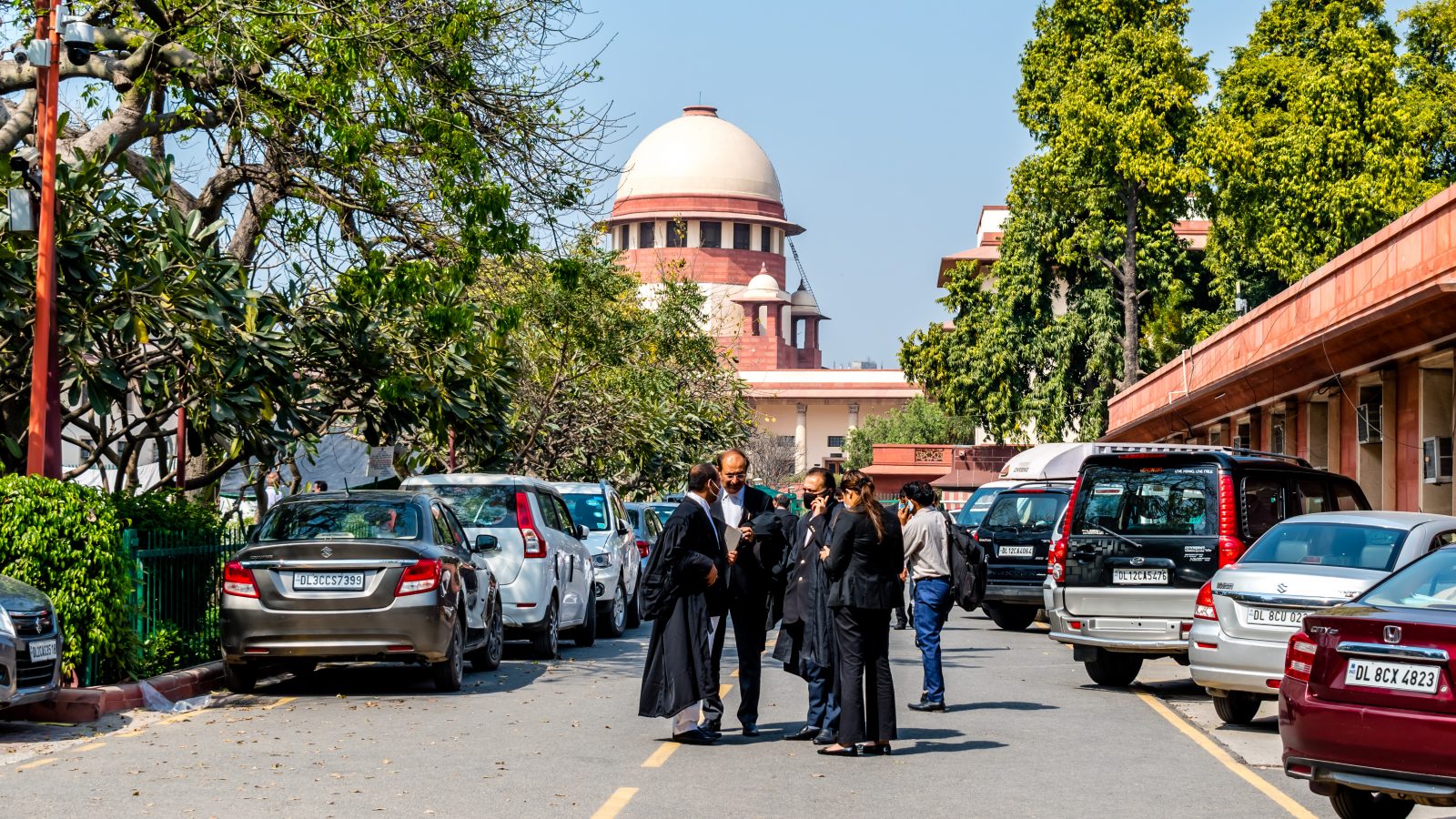


The Supreme Court on Tuesday observed that a voter does not have an absolute right to delve deeply into a candidate's private life and know every minute information unless such information would have an impact on his voting decision.The bench of Justices Aniruddha Bose and PV Sanjay Kumar said that a candidate need not disclose each and every detail of moveable property owned by him or his family unless the same is of substantial value which could impact the choice of voters."It is not an absolute right for any voter to delve deep into the private life of a candidate and each and every disclosure has to be of such nature which will impact the voting," the Court said.However, the Court clarified that the finding was not be treated a precedent as it was based only the facts and circumstances of he case.The Court made the observation while affirming the validity of the 2019 election of independent Member of Legislative Assembly (MLA) Karikho Kri from the Tezu Assembly constituency in Arunachal Pradesh.The top court thereby, quashed the Gauhati High Court verdict which had declared Kri's election as null and void.In 2019, Karikho Kri was elected as an independent MLA from the Tezu Assembly constituency.However, his election was challenged by Congress candidate Nuney Tayang before Gauhati High Court alleging that Kri had made false declarations in his election nomination paper and failed to disclose information about his assets.The Itanagar Bench of the High Court last year found that Kri had not not made disclosure regarding the ownership of a scooty and a Maruti Omni Van Ambulance by his wife and the ownership of a motorcycle by his son. It thus said that Kri’s nomination paper ought to have been rejected by the Returning Officer.“Non-disclosure of the assets of the candidates, their associates, his or her spouse or dependents, have been held by the Hon’ble Supreme Court … to constitute a corrupt practice falling under the Heading “undue influence” as defined under Section 123(2) of the Representation of the People Act, 1951, irrespective of the impact of such a false declaration on the election of a candidate,” the High Court had said.Kri then moved the Supreme Court and argued that since the vehicles were not owned by him, he was unaware of them.He had further submitted that the total disclosure amounted to more than ₹7 crores and asked whether details regarding things as minor as a tie and pen should also be disclosed.
TAGS: Supreme Court voter rights private life candidate disclosure election validity MLA Arunachal Pradesh